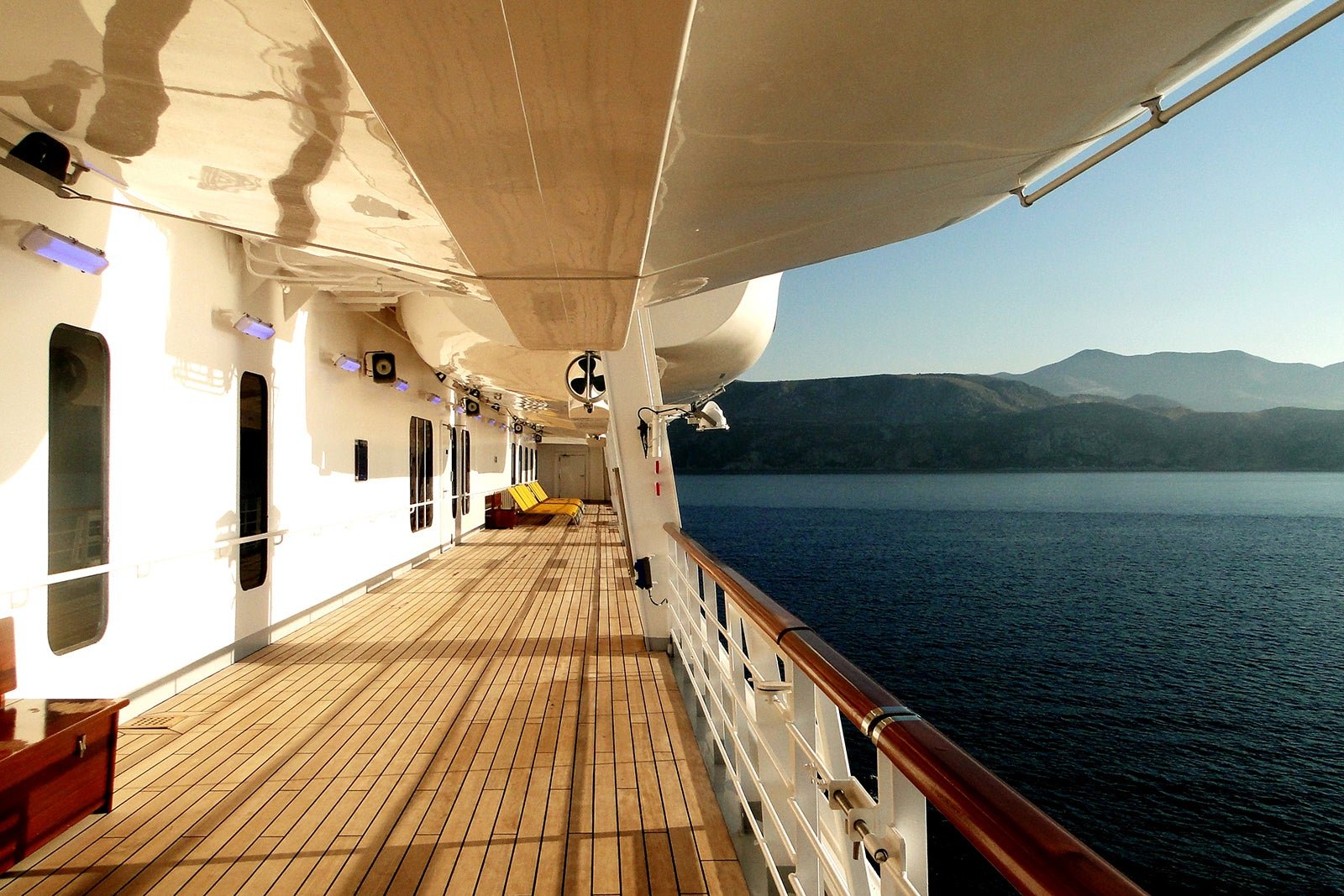Onboard cruise ship shops can be a convenient option for travelers who find themselves in need of essential items or forgot to pack certain things. These shops offer a variety of products, from toiletries to formal attire, and even cruise line logo items. However, it is important to note that these onboard shops are often overpriced, and travelers should be cautious about their spending.
One of the main advantages of onboard cruise ship shops is that they provide a solution for travelers who may have forgotten to pack certain items. Even the most organized and careful packer can occasionally have their suitcase lost by an airline. In these situations, onboard shops can offer a range of products that can be useful during the cruise.
For example, if a traveler realizes that they need formal attire for formal nights on the cruise, the onboard shops can provide dresses and fancy shirts. These shops are also the only place to purchase cruise line logo items, allowing travelers to proudly display their love for their favorite cruise line.
However, it is important to be mindful of the potential dangers that come with onboard shopping. After a few gloomy days at sea, some travelers may be tempted to buy anything just to experience that “only on vacation” feeling. This can lead to impulse buying and overspending, which can be detrimental to your wallet.
In addition to onboard shops, cruise ships also offer other ways for travelers to part with their money, such as pricey spa treatments and fine art sales. These temptations can further add to the overall cost of the cruise.
When in port, there are also pitfalls to avoid. Some products may not make it past your local customs officer, while others may be difficult to transport home. Additionally, inexpensive and poorly made souvenirs are likely to break before you even get back home.
To avoid unnecessary spending, it is advisable to be selective about your purchases. Avoid buying items that you can easily find at a regular drugstore or at home. Instead, focus on purchasing unique items that will serve as reminders of your international adventures.
Certain items should be avoided altogether when shopping onboard or in port. Art auctions onboard cruise ships should be avoided unless you are a knowledgeable art connoisseur. Toiletries are often priced higher in ship gift shops, so it is better to wait and buy them at a regular drugstore in port. Spa treatments that promise miraculous results should also be approached with caution, as they may not have the desired effects and can impact your vacation experience.
Other items to avoid include manicures and pedicures, as they are often marked up and can easily be ruined by rough seas. For-fee room service should also be avoided unless necessary, as most cruise lines now charge fees for this service. Precious gems and “inch of gold” jewelry should not be purchased onboard, as the quality may be questionable and it can be difficult to evaluate the value of the items.
In port, it is advisable to avoid purchasing souvenirs from the terminal, as the quality is generally low. Instead, seek out local artisans or products produced locally for more authentic and higher-quality souvenirs. Liquor purchases should also be approached with caution, as they may be confiscated by the cruise line or present difficulties when going through customs.
Certain food items, such as cured meats and soft or raw cheese, should not be brought back through customs, as they may not meet the necessary regulations. Fresh fruit and live plants are also prohibited from being brought into the country, so travelers should avoid purchasing these items in port.
In conclusion, while onboard cruise ship shops can be convenient for travelers in need of essential items, they should be approached with caution due to their generally overpriced nature. Travelers should be mindful of their spending and avoid impulse buying. Additionally, certain items should be avoided altogether, both onboard and in port, to prevent unnecessary expenses and potential difficulties with customs.

